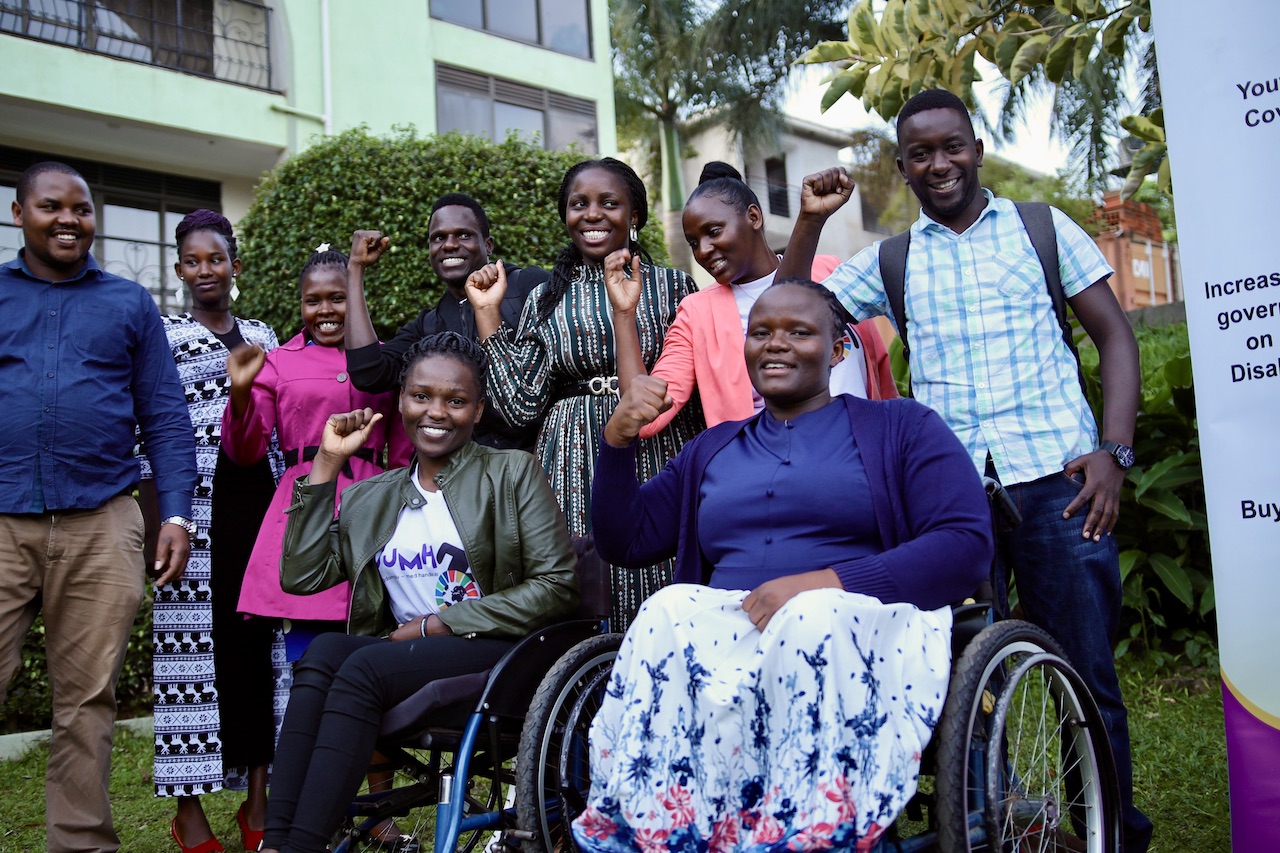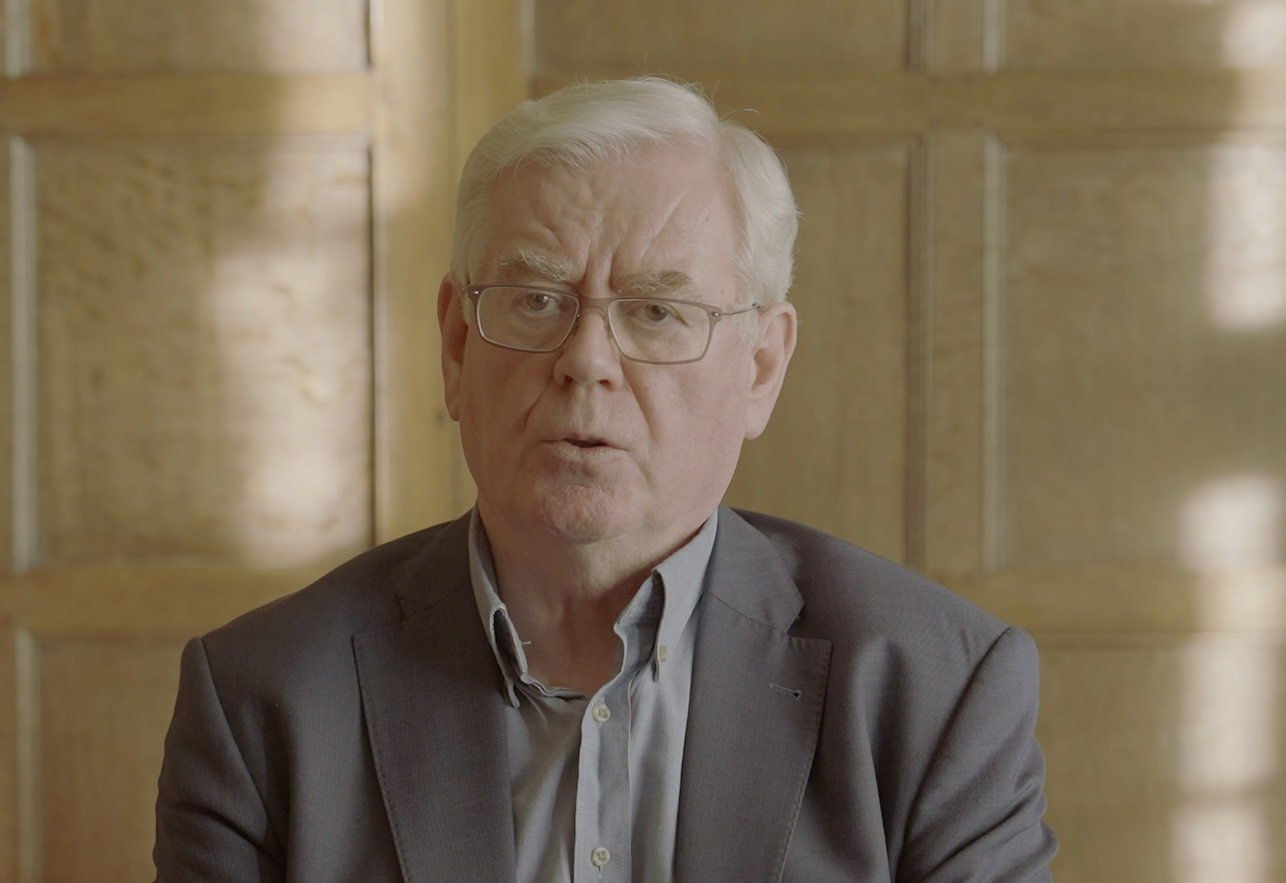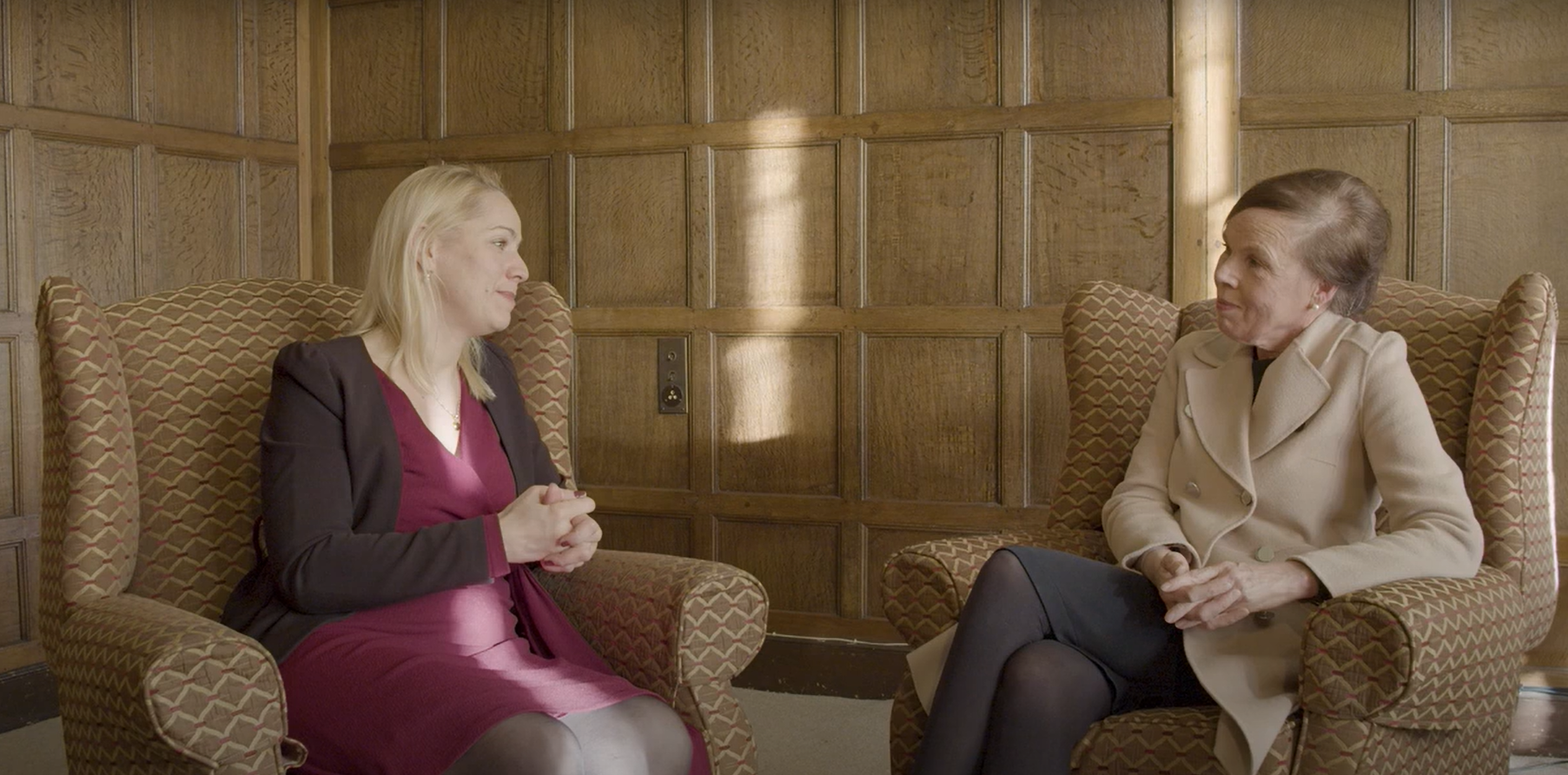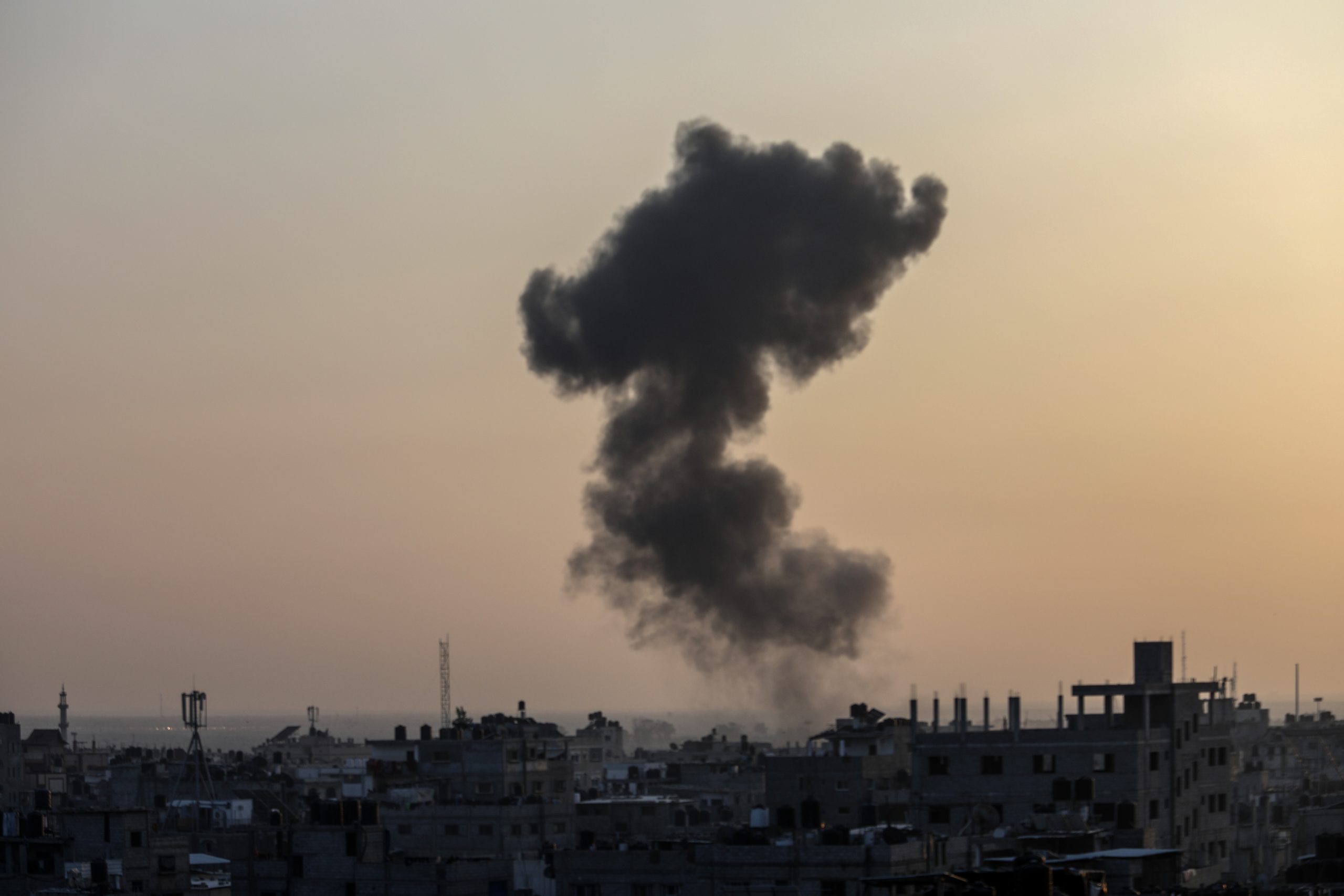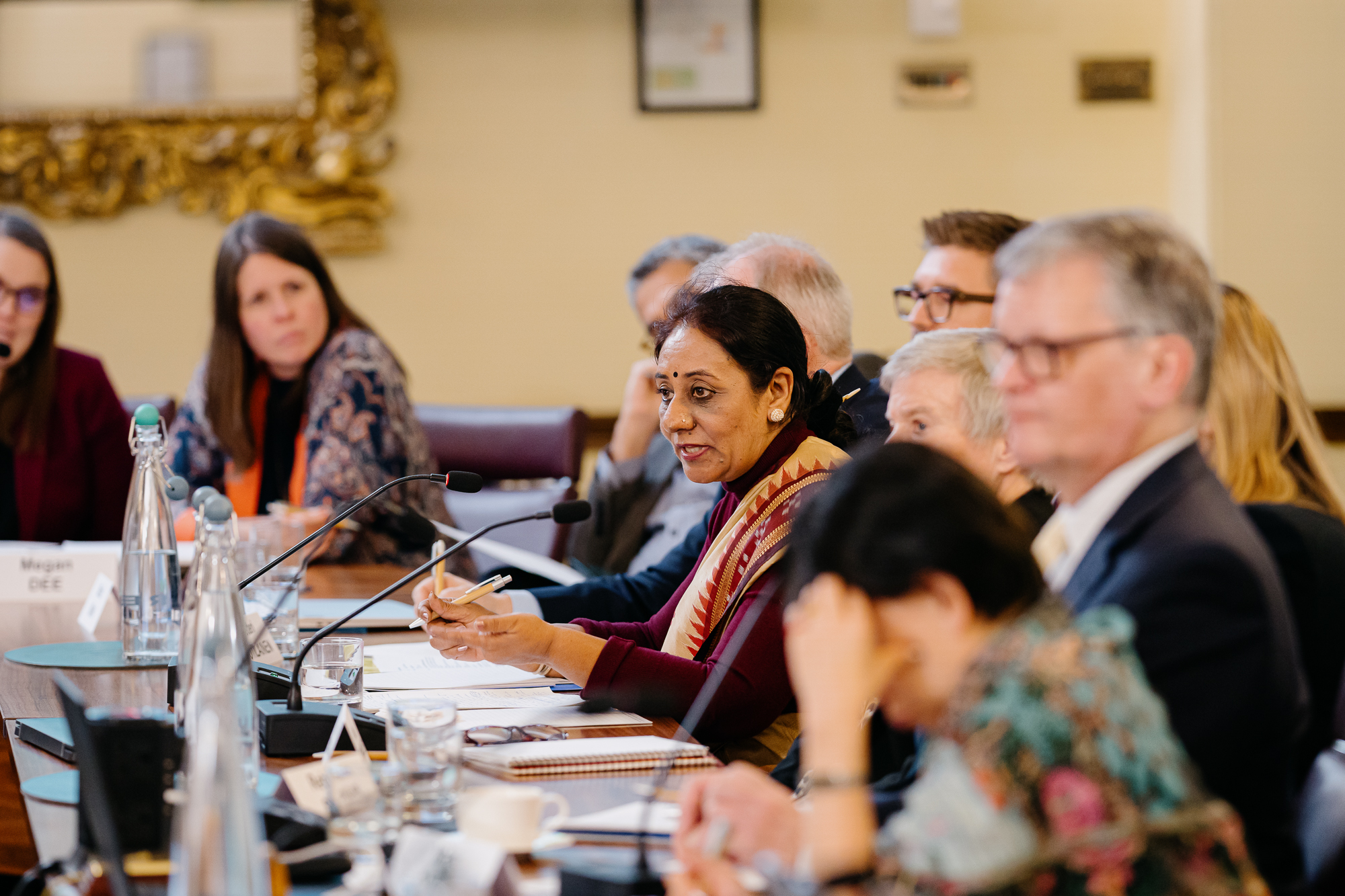Following on from our event on Religion, foreign policy and development in February 2014, this meeting aimed to focus on how development policies can be of the most benefit and long term impact across Africa.
This follow up conference aimed to:
- Draw policy makers, diplomats/international practitioners and religious actors into dialogue about the best interface between religion, policy and development
- Survey current and emerging institutional arrangements for engagement with religion and faith-based organisations [FBOs] within Africa in order to identify current and emerging good practice
- Strengthen policy machinery within government, NGOs and FBOs by improved information sharing and co-ordination about engagement with religion actors in support of societal transformation
Key points:
- To foster effective development programmes in Africa, governments cannot ignore religion or religious actors as vital partners in development.
- Religion and government share most development goals, including better healthcare, education and general welfare, and each would benefit from strengthened cooperation.
- Even when goals diverge on issues such as human rights, dialogue and mutual respect are needed to enable religion and government to cooperate effectively in areas they do agree.
- Government and religion should respect each other’s independence and neither should try to co-opt the other.
- Government wariness about religious proselytization is generally overblown.
- Most religious actors understand that government development programmes cannot be used for proselytization or the exploitation of vulnerable recipients. They also understand that government funds cannot be used by one religion to discriminate against another.
- Attempts to eliminate the religious nature of FBOs are illegitimate and counterproductive. People have real spiritual needs that are not best met by government.
- The human rights values of expressive freedom and religious freedom, combined with the self-determination of individuals, should caution against attempts to silence the voices of religious actors.
Further information
Status Quo Report Religion and Development – Ulrich Nitschke
Values Religion and Development – Ulrich Nitschke
Related conferences
Religion, foreign policy and development: making better policy to make a bigger difference




